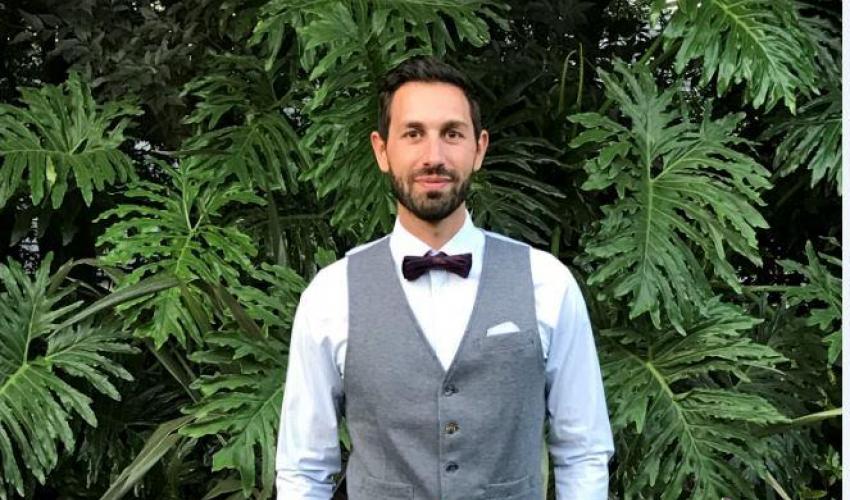
Busy Johannesburg: Dazzling Nature and Social Contrasts
LIFE IN THE SOUTH AFRICAN CITY BETWEEN BRAAI, MEMORIES OF MANDELA AND LINGERING INEQUALITYBraai puts everyone in agreement, be they South African, European or American. For those living in South Africa, there is the tradition to meet in parks, on the banks of the lakes and even on beaches to grill exotic meats: ostrich, zebra, antelope, even crocodile, while playing sports and entering new social relationships. A braai is a large-scale barbeque, but in South Africa it is a real ritual that you have to do even on Christmas day. Due in part to the city's all-year-round mild climate, and in part to the widespread attitude of conviviality, living in Johannesburg means to quickly get absorbed into the local social dynamics.
Compared to other major cities in the world, there are not as many expats and therefore the international community is not strong enough to provide an alternative to social relations with locals. However, foreigners are well regarded and multiculturalism is generally considered a value, thanks to the legacy of Nelson Mandela which still influences the politics of his party, the African National Congress (ANC), which has held government power without interruptions since 1994. To discuss politics and criticize the ANC, however, is frowned upon. For more twenty years the party has been voted out of habit for historical reasons, and Jacob Zuma, the country's president, is appreciated more for his charismatic personality than his political ideas. But the younger generation seems to have a keener sense of civic and social awareness: the students are currently taking the streets to demand the extentions of the right to education to all.
Returning to everyday life, leisure time is also an opportunity to engage in sports. Since I moved to Joburg, I have started to play golf: it's rather widespread here, costs much less to practice than in Europe, and you play across spectacular landscapes. After four years of stay in in South Africa, the natural beauty of this country continues to amaze me, so I always welcome with great enthusiasm all opportunities for trekking or hiking in the regions to the west of the city, also known for their vineyards and wine-making traditions. Compared to busy Johannesburg, Cape Town and surrounding region is the laid-back side of South Africa, where the days are marked by easy rhythms and habits that reconcile the individual with his/her natural balance. East and West, ocean and mountains, wilderness and urban areas, it is this marked dualism that characterizes the soul of this country and the persisent contradictions shaping the daily lives of its inhabitants.
In Johannesburg, for example, until the early 1990s the Central Business District was reserved to whites, while now the wealthy live in neighboring districts such as Sandton. Rich in green areas, this latter area hosts futuristic skyscrapers and shopping centers, which are just a backdrop to luxury residential compounds that go for sale or rent through sites like property24.com or gumtree.co.za, and where most of the expat community lives. The fact that these condos are protected by guards and gates reveal the profound nature of a metropolis in which social cleavages are still deep and inequality often breeds insecurity. But with the right precautions, meaning using the car for long commutes and avoiding high-risk areas, life in Johannesburg can be exciting: the city is vibrant, the colors of the Doornfontein market are dazzling, and Melville's bars and venues are always bustling with people.
Antonio Guastafierro graduated in Business Administration and earned a Master of Science in International Management from Bocconi. He was also a CEMS student. In 2010 he concluded his graduate degree after gaining significant experience abroad, in North Carolina, Denmark and Germany. Since 2012, he has lived in Johannesburg, South Africa, where he works for Delta Partners, a consulting firm active in the ICT industry. He does industry analyses to guide clients in identifying the right digital companies to partner with.
by Antonio Guastafierro
Translated by Alex Foti
